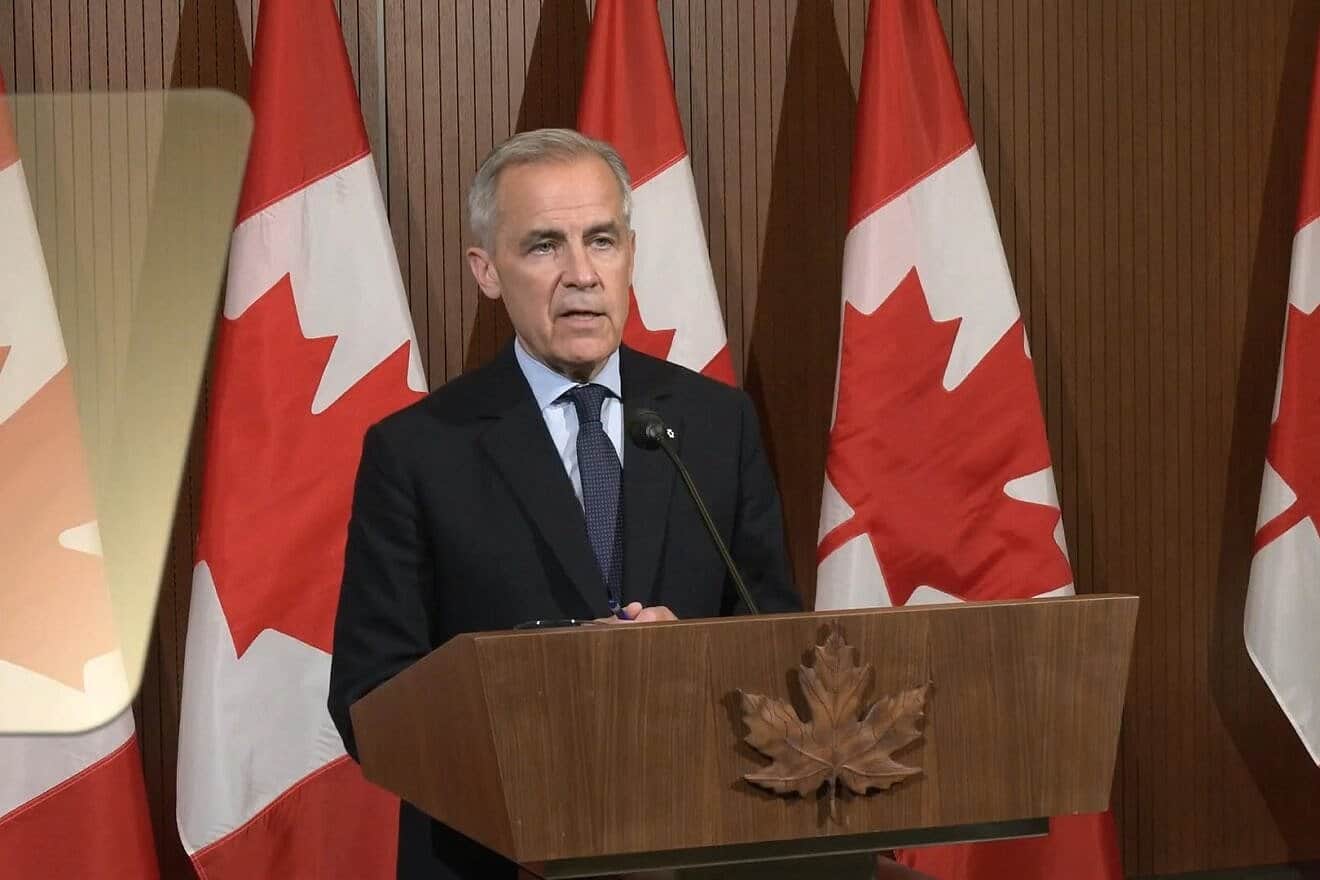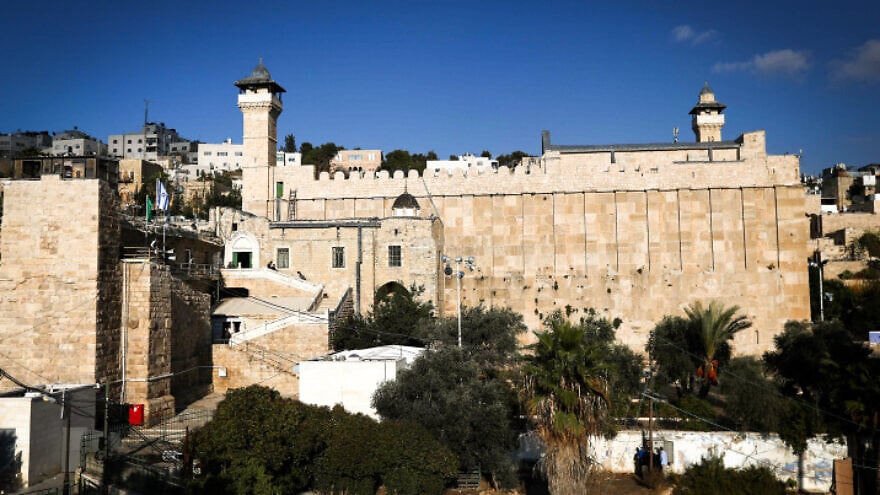by Roger Kimball
Trump’s lawsuit over the BBC’s doctored Jan. 6 clip now threatens to turn the broadcaster’s license-fee crisis into a full-blown reckoning over trust, bias, and billions.

It costs £174.50 a year to obtain a BBC license for a color TV. Technological atavists who are bargain-hunting can snag a license for a black and white TV for only £58.50 per year. For the year ending March 2025, the license fee raised £3.8 billion, 65 percent of the Beeb’s total income.
There is growing resentment about the fee. “Some people ask,” said one news report, “why they should be forced to pay for the BBC if they do not use its services.” Good question. However, it now appears that the BBC may need to significantly increase its fees to avoid insolvency.
That’s because Donald Trump is preparing to sue the storied news and entertainment company for between $1 billion and $5 billion. That “B” for “bankrupt.” “I have an obligation to do it,” Trump said Friday. Why? Primarily because the BBC meddled in the 2024 presidential election. How? In a Panorama program called “Trump: A Second Chance?” they tampered with footage from the January 6, 2021, Trump rally in order to make it seem as though Trump was urging his supporters to storm the Capitol. He wasn’t. The BBC then aired the doctored footage in October 2024, just a week before the election.
Trump said that he wants monetary damages. He wants to stop the BBC from doing to others what it did to him. He also said that he wants the BBC to explain in court why they created and aired the doctored video.
Why did they do it? I can answer that. They did it because they despise Trump and wanted to harm his chances of winning the election.
So far, the BBC has offered a lukewarm apology but no money. Since a large part of their business—77 million viewers, reports estimate—is in the US, that’s where Trump will sue.
It is worth taking a look at the deceptive clips. The BBC has promised not to air the entire program again, but the London Telegraph, which first broke the story, thoughtfully supplies before-and-after clips. What Trump actually said was, “We are going to walk down to the Capitol, and I’ll be with you. We’re going to cheer on our brave senators and congressmen and women.” This was the same speech in which he said, “I know that everyone here will soon be marching over to the Capitol building to peacefully and patriotically make your voices heard.” “Peacefully and patriotically,” Kemo Sabe.
In the doctored clip, Trump is shown saying, “We’re gonna walk down to the Capitol, and I’ll be with you, and we’ll fight. We fight like hell, and if you don’t fight like hell, you’re not gonna have a country anymore.” A leaked internal report on BBC bias noted that the doctored clip made Trump “ ‘say’ things [he] never actually said by splicing together footage from the start of his speech with something he said nearly an hour later.”
The BBC’s perfidy did not end with mangling the words Trump spoke. The program also featured scenes of angry, flag-waving men marching towards the Capitol, apparently spurred on by Trump’s pugilistic rhetoric. As that leaked report notes, this “created the impression Trump’s supporters had taken up his ‘call to arms.’” Unfortunately for that narrative, the footage was shot before Trump had even started speaking.
The New York Times was correct in describing this incident as “one of the worst crises in [the BBC’s] 103-year history.” It is also correct that it takes place against the background of a larger concern with “progressive” bias at the BBC. The government-licensed organization is supposed to be independent and nonpartisan. In fact, it has been a reliable purveyor of left-wing attitudes and talking points at least since the 1970s. Pick the topic: the war in Gaza, climate change, the debate over so-called “transgender” ideology, immigration, “Islamophobia,” or anything having to do with Donald Trump. You have only to name the subject and the players to know what line the BBC will be pushing.
The doctored anti-Trump video has led to the departure of the BBC’s director general, Tim Davie, and its head of news, Deborah Turness. That is wholly appropriate. As Nigel Huddleston, the shadow culture secretary, noted: “These are extremely concerning revelations that could seriously undermine the brand and reputation of the BBC. The BBC license fee is justified on the basis of impartiality and trust. There can be no justification for this kind of deliberate manipulation and the spreading of misinformation.”
This is true. But not everyone has received the memo. Jonathan Munro, the global director of BBC News, defended the company’s decision to release a doctored version of Trump’s speech. As of this writing, Munro is still employed by the BBC, though apparently under growing pressure to quit. Munro said that the sort of edits—what I might call “fabrications”—that Panorama inserted into its Trump video are “normal practice” at the BBC. I suspect he is right about that. But admitting that deliberate mendacity is standard operating procedure at the BBC is hardly reassuring.
Roger Kimball is editor and publisher of The New Criterion and the president and publisher of Encounter Books. He is the author and editor of many books, including The Fortunes of Permanence: Culture and Anarchy in an Age of Amnesia (St. Augustine's Press), The Rape of the Masters (Encounter), Lives of the Mind: The Use and Abuse of Intelligence from Hegel to Wodehouse (Ivan R. Dee), and Art's Prospect: The Challenge of Tradition in an Age of Celebrity (Ivan R. Dee). Most recently, he edited and contributed to Where Next? Western Civilization at the Crossroads (Encounter) and contributed to Against the Great Reset: Eighteen Theses Contra the New World Order (Bombardier).
Source: https://amgreatness.com/2025/11/16/doctored-footage-fallout-trump-vs-the-bbc/









